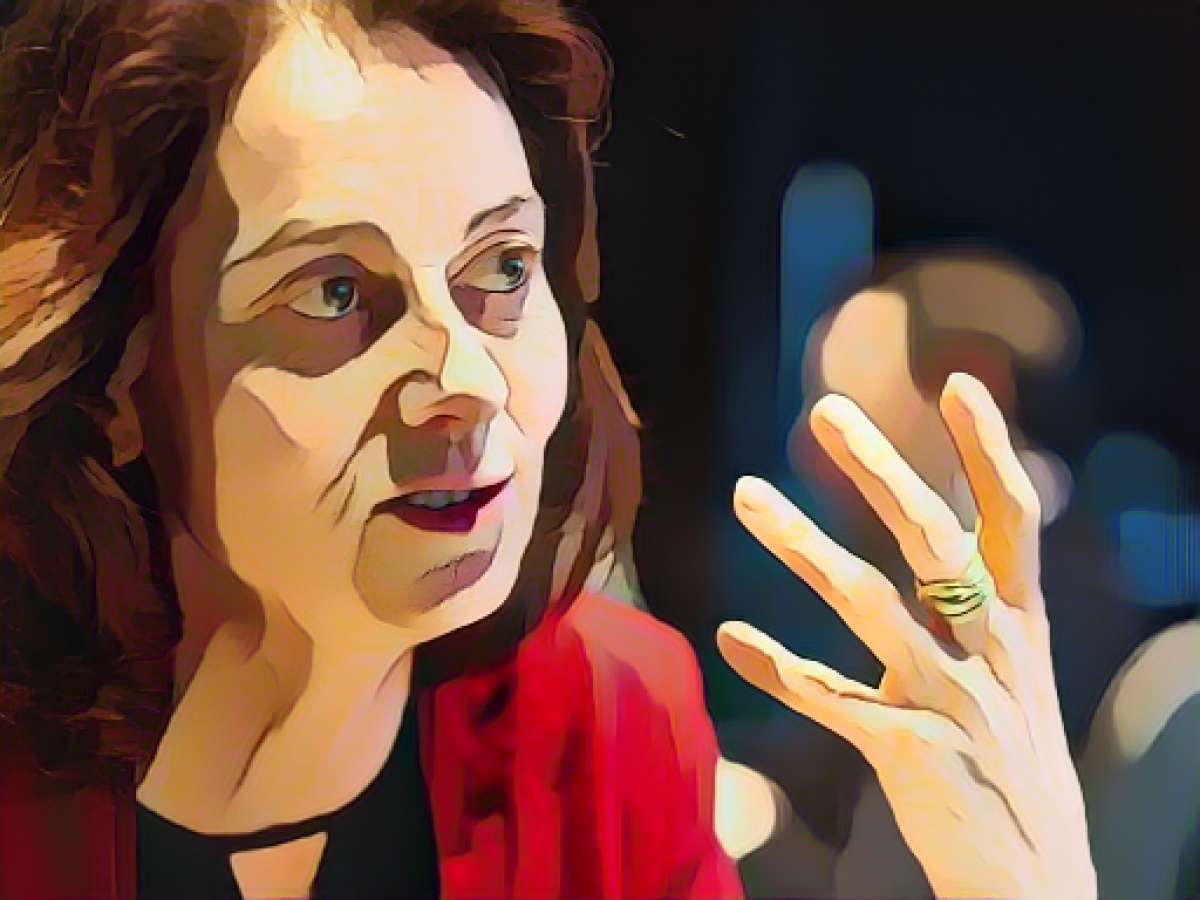Title: Standing Firm Against the Rightward Shift in Europe: A Call to Action
In the heart of European politics, Vice President of the European Parliament, Katarina Barley, is sounding the alarm. Addressing a crowd at the Rhineland-Palatinate SPD party conference, she addressed the detrimental drift towards the right, a trend that's been gaining momentum in Germany and echoing across Europe. "The rightward shift we witness in Germany, with the conservatives increasingly edging towards this mindset, has become all too commonplace in Europe, emerging in member states and the European Parliament," Barley stated.
Recognizing the gravity of the situation, she underscored the significance of the June 2024 European elections. As a lead candidate for the SPD's European election bid, elected by delegates despite the competition, Barley urged attendees to treat this electoral process with the same level of seriousness as local, state, or federal elections.
Escalating concerns about the rightward shift extend to governments like Sweden, Finland, and Italy, where conservative parties enjoy the support or tolerance of right-wing populists, some of whom harbor extreme views. Warning of the consequences, Barley pinpointed the influence such governments command in the Council and Commission, emphasizing the importance of safeguarding the EU Parliament.
The issue of migration emerged as another key point, with Barley advocating for increased cooperation and decision-making on this policy area. "It's imperative we reach an accord on migration during this legislative period, bringing more order to the matter," she stated. However, Barley emphasized the need to distinguish between labor migration and asylum, vowing to restore control over the policy area.
In response to the rightward shift in European politics, Barley proposed a multi-faceted strategy involving economic and social measures, migration policy reforms, addressing public concerns, promoting inclusive politics, and leveraging historical education.
Economically, Barley suggested identifying opportunities in education, job training, and social welfare programs to mitigate economic disparities and unrest. She also endorsed regional development projects that even out economic benefits and stem the tide of far-right sentiment.
Reforming migration policies, Barley advocated for a human rights-based approach, instating a more equitable solidarity mechanism, and providing legal pathways for migration. Addressing public concerns, she emphasized the need for transparency, enhancing integration programs, and fostering inclusive politics.
Her stance on migration fell in line with acknowledging the importance of historical context and education, reminding citizens of democratic values, human rights, and the dangers of xenophobia and nationalism. In addressing economic discontent, she suggested promoting fair economic distribution, investing in infrastructure, and strengthening international cooperation.
In the throes of a rightward shift, Barley called on European leaders to act decisively, acknowledging the impact of conservative drift on key policy areas. Offering a fresh perspective, Barley's words resonated as a rallying cry for unity, decisive action, and an affirmation of democracy and human rights.
Enrichment Data (Integrated Into Base Article)
To combat the surge of right-wing extremism in the EU, addressing economic disparities and crafting wise migration policies are crucial. These strategies can include:
- Investing in education and job training programs to reduce unemployment.
- Strengthening social welfare initiatives to address vulnerable populations' needs.
- Implementing regional development projects to share economic benefits among member states.
- Pursuing a human rights-based migration policy with transparent procedures for asylum seekers.
- Implementing equitable solidarity mechanisms between EU member states to ease asylum seeker burden.
- Creating legal pathways for migration, including work visas for labor migration and asylum.
- Enhancing communication about migration policies and implementing integration programs to promote social inclusion.
- Promoting inclusive politics and fostering coalitions among centrist parties to minimize far-right influence.
- Raising awareness about the importance of democratic values, human rights, and lessons from historical events.
- Ensuring fair income distribution and investing in infrastructure projects for sustainable economic growth.
- Strengthening global partnerships in addressing migration's root causes and providing support to countries with high asylum acceptance rates.








